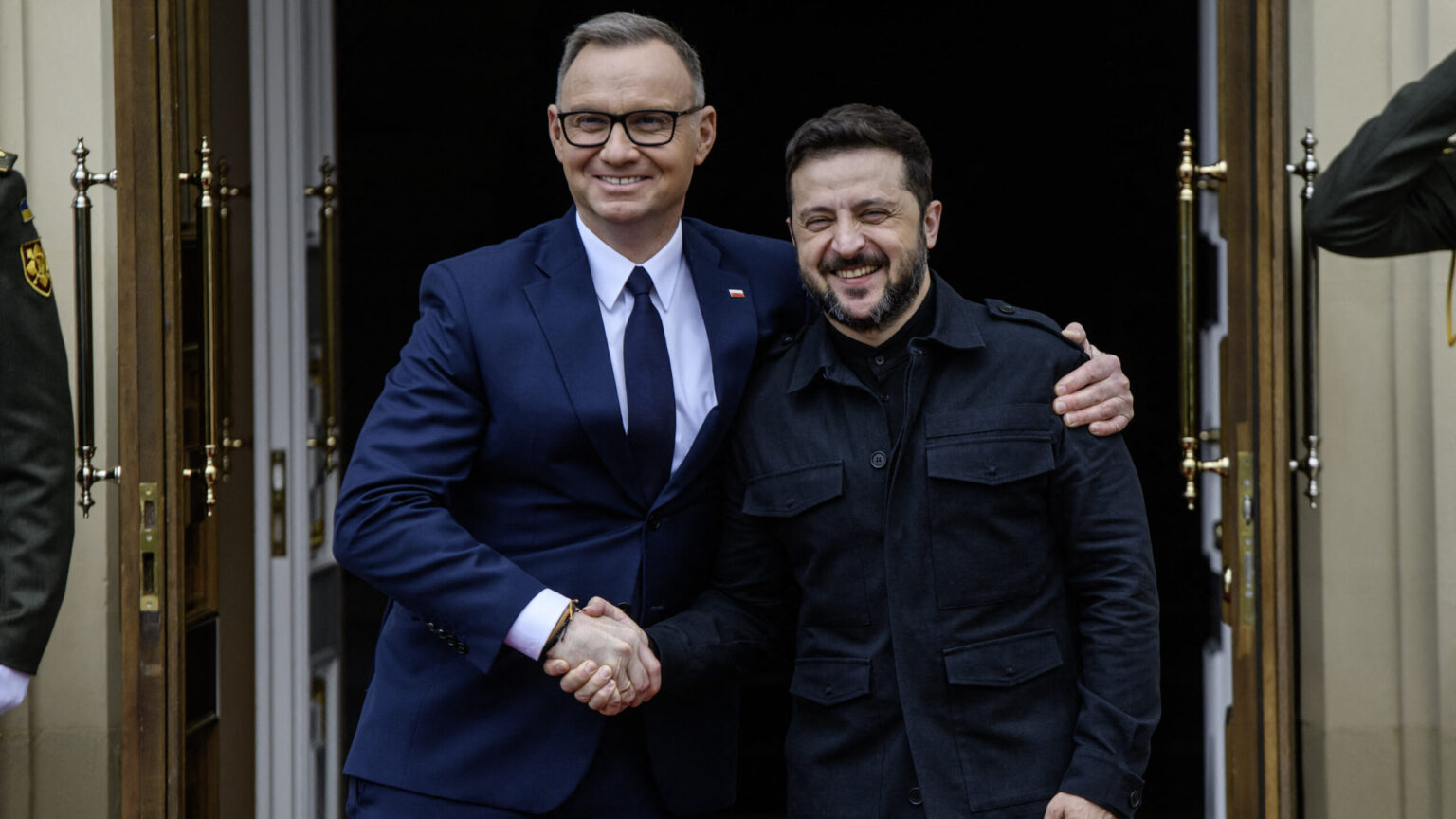
Poland’s former president Andrzej Duda says Ukraine attempted to manipulate Warsaw into blaming Russia for the 2022 Przewodów missile strike. Duda argued that Zelenskyy’s insistence was meant to pull Poland into war—a claim that now casts other incidents in a new light.
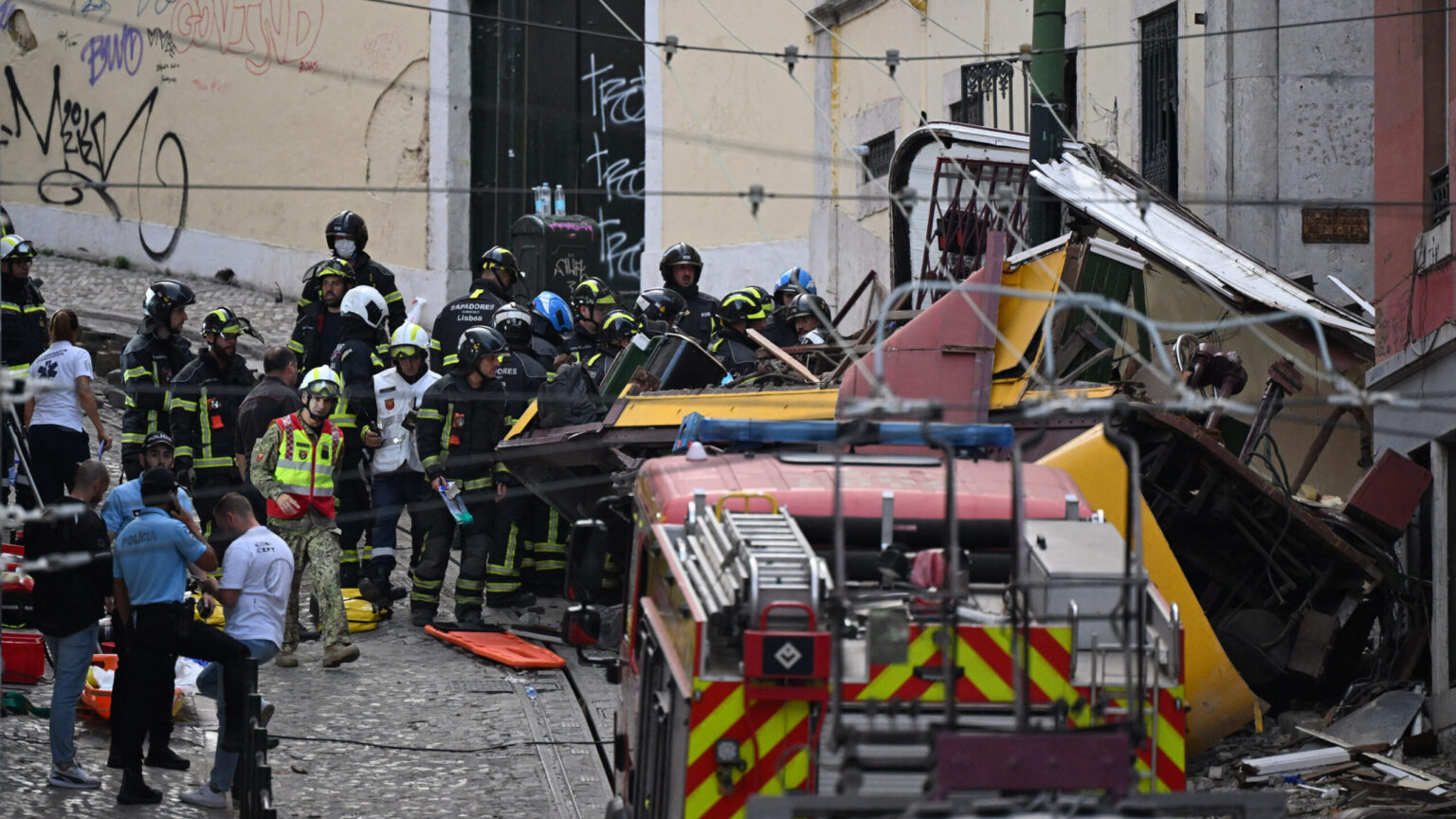
Lisbon’s famed Glória funicular derailed on Wednesday evening, killing 17 and injuring 21. Prime Minister Luís Montenegro called it ‘one of the biggest tragedies’ in recent history, declaring a day of mourning. Hungary’s Viktor Orbán joined world leaders in offering condolences to Portugal.
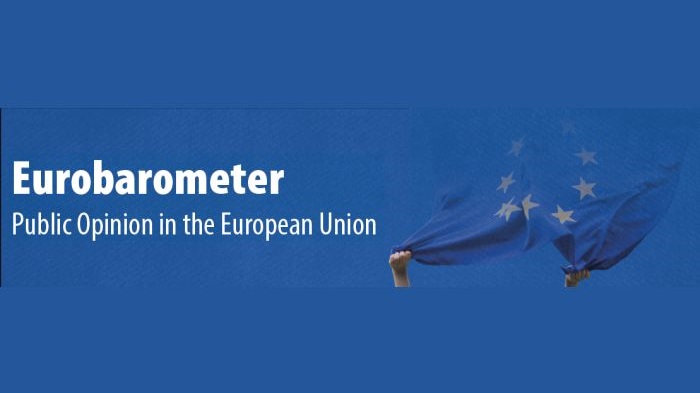
MCC Brussels warns the EU is twisting opinion polls to justify more central power. The latest Eurobarometer shows ‘support’ for new EU revenues, but critics say the biased survey masks the truth: citizens weren’t asked if they’d actually accept higher taxes in exchange.
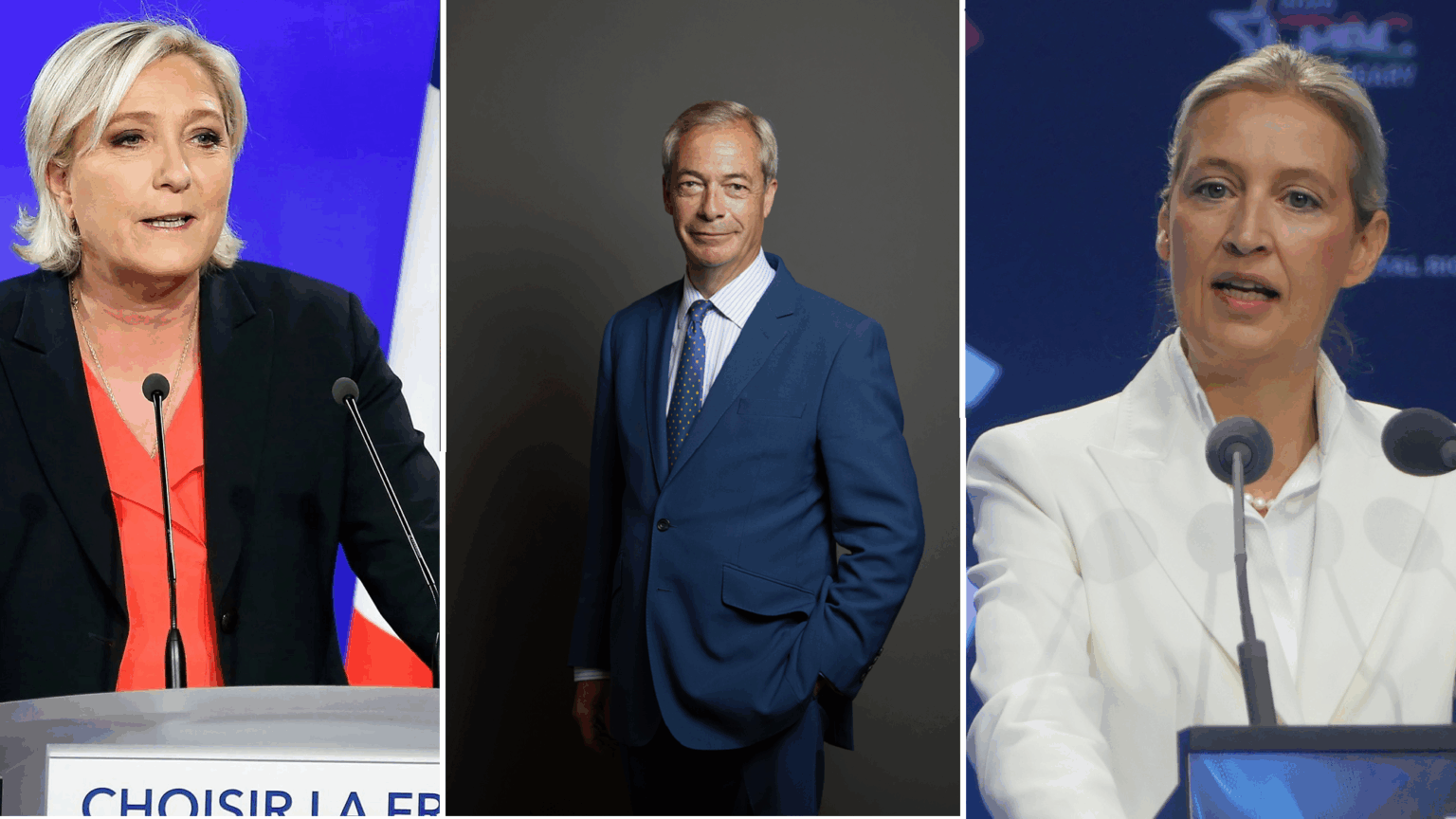
A recent piece by The Wall Street Journal points out that right-wing populist parties are leading the polls in all three of the largest European economies: Marine Le Pen’s Rassemblement national in France, Nigel Farage’s Reform UK in the United Kingdom, and Alice Weidel’s Alternative für Deutschland in Germany. What is behind this phenomenon?
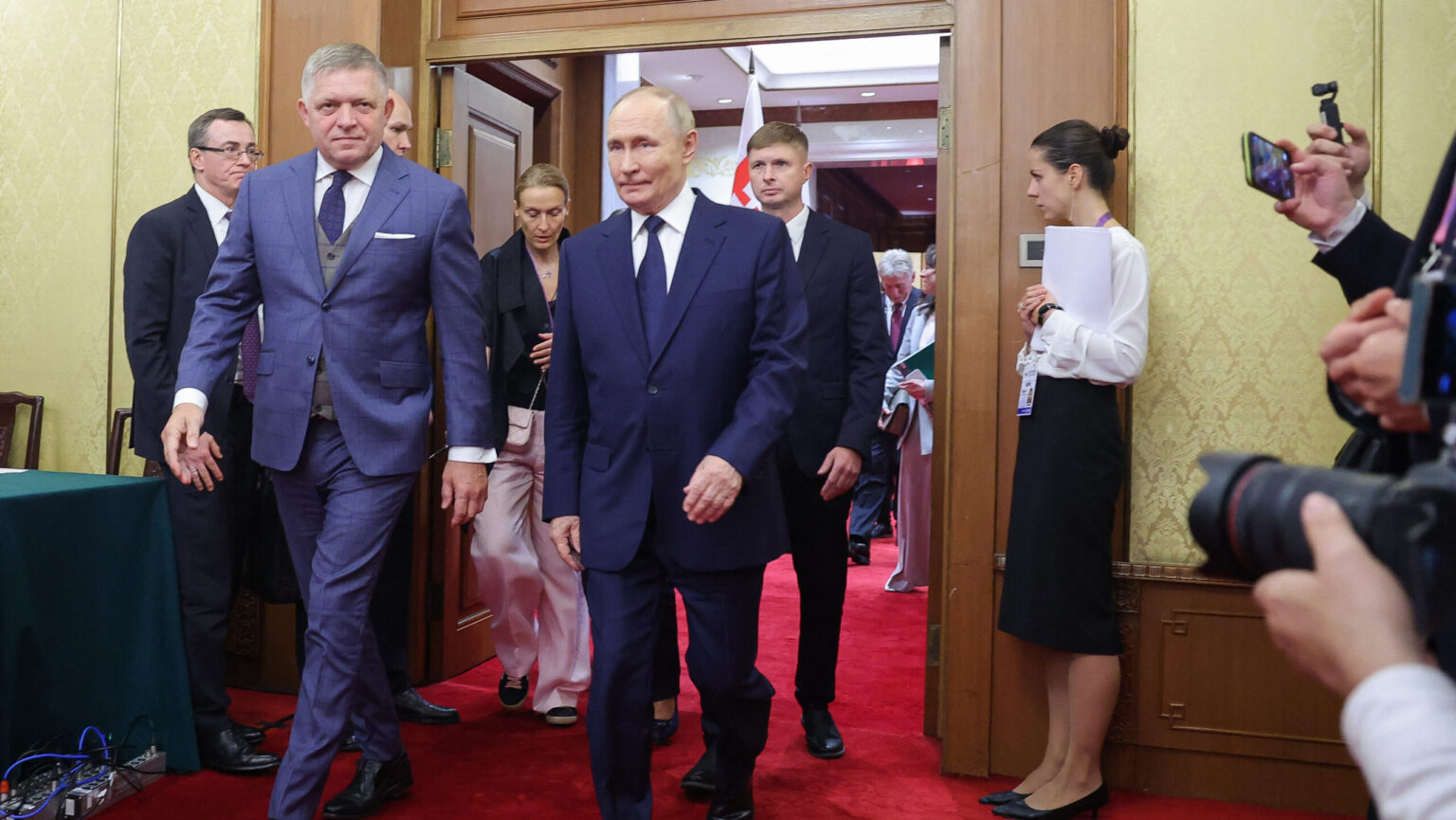
Slovak Prime Minister Robert Fico, fresh from nearly an hour-long private meeting with Vladimir Putin in Beijing, announced he will deliver a ‘very serious message’ to Ukrainian President Volodymyr Zelenskyy on Friday. Fico’s role echoes Viktor Orbán’s earlier peace missions, though the Slovak leader emerges at a moment when Putin insists no peace is possible without addressing NATO expansion.
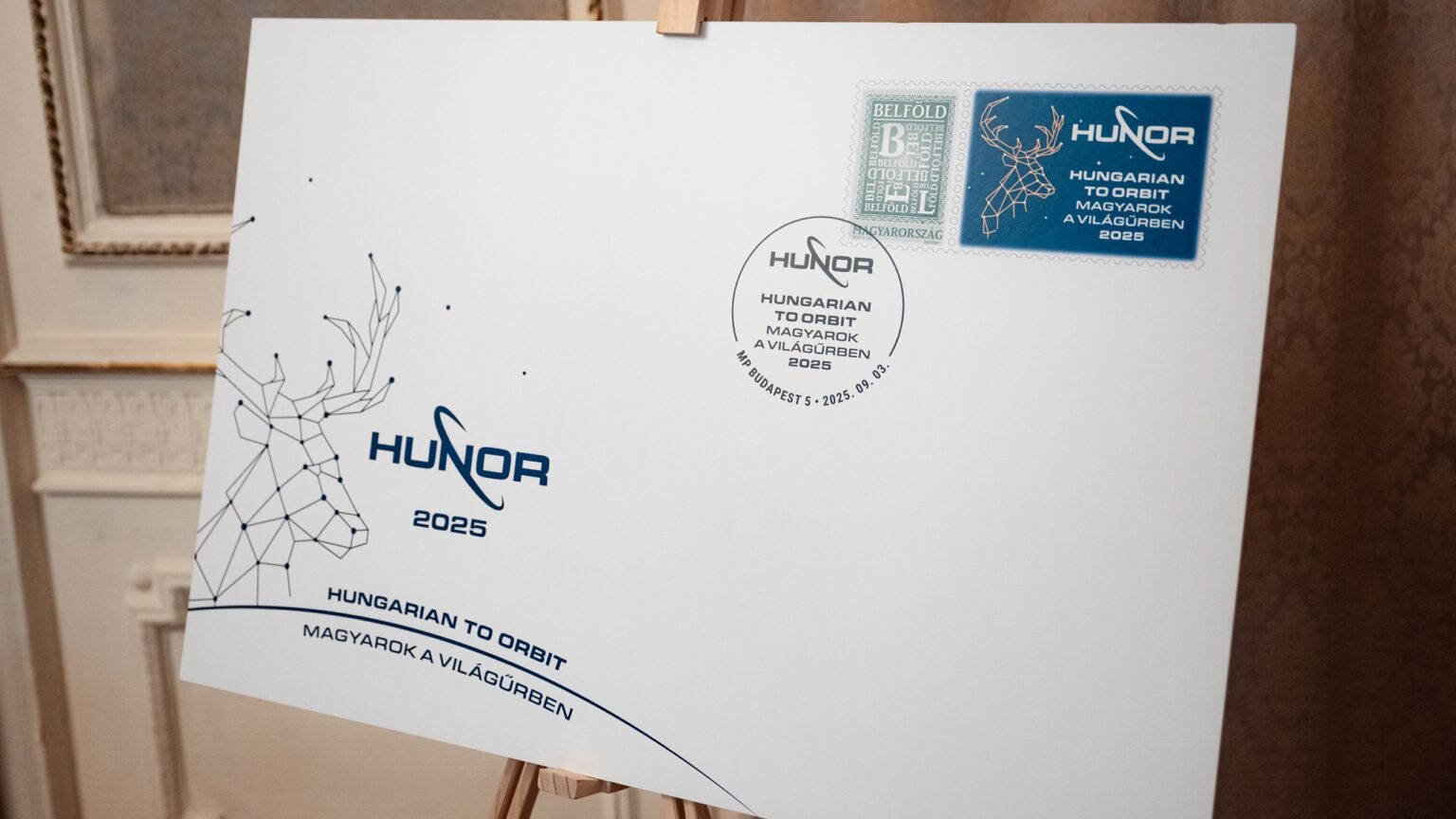
Hungarian Post has issued a commemorative stamp honouring the HUNOR Hungarian Astronaut Programme, unveiled on Wednesday in Budapest. Featuring the Csodaszarvas constellation and the motto ‘Hungarian to Orbit 2025’, the stamp celebrates Hungary’s role in space research. Officials highlighted its symbolic power in inspiring future generations and uniting the nation through science.
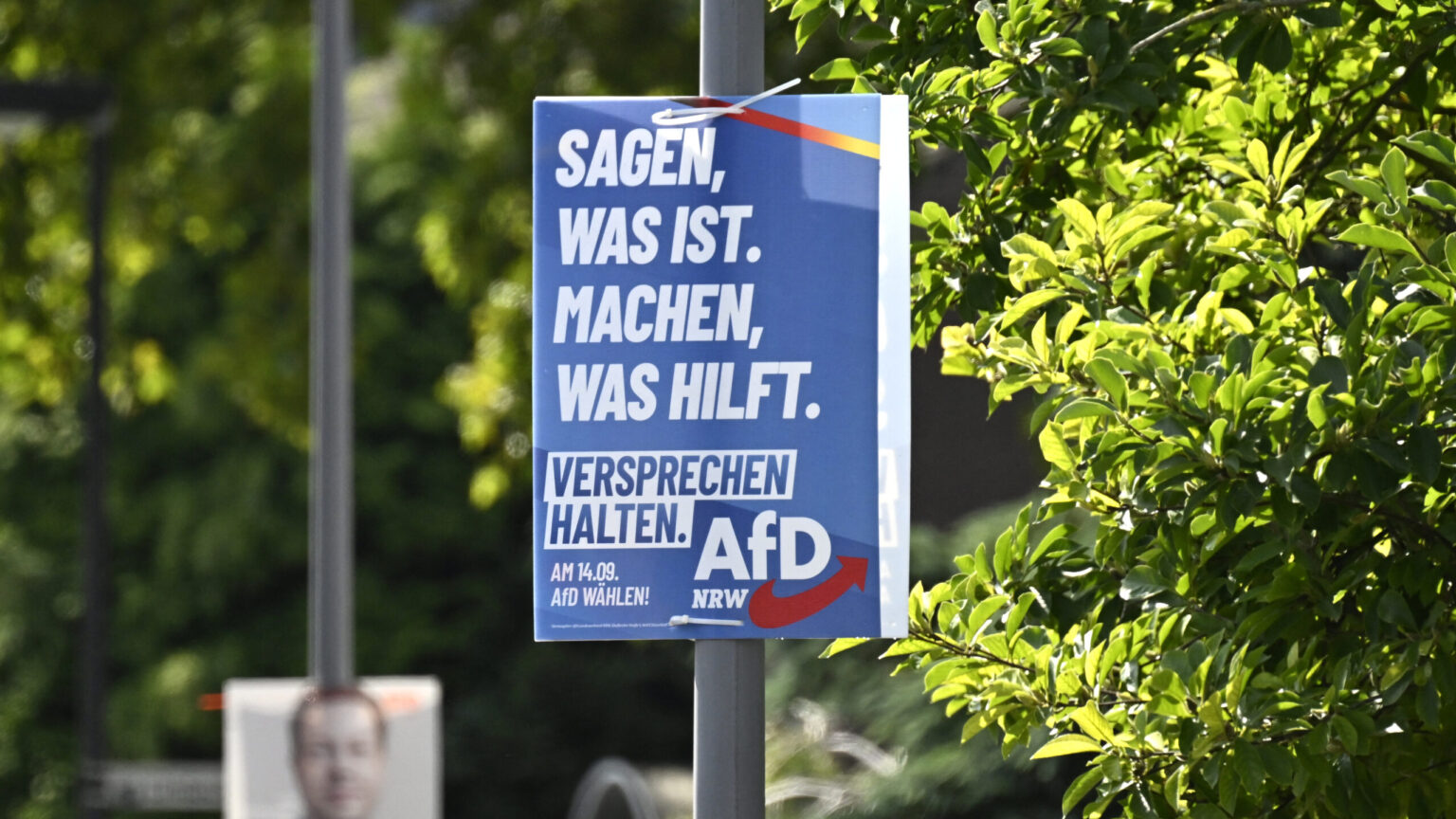
The mystery surrounding local elections in Germany’s North Rhine–Westphalia has deepened, with seven Alternative für Deutschland (AfD) candidates now confirmed dead shortly before the vote. While authorities insist there is no evidence of foul play, the unusual string of sudden deaths has fuelled speculation and placed extraordinary strain on election preparations ahead of the 14 September ballot.

‘Paradoxically, it appears that democracy can only sustain and protect itself from collapse—whether through tyranny or chaos—by relying on elements that are not themselves democratic. It often seems easier to justify democracy with a quasi-mystical hypothesis than with one grounded in the actual conditions of political reality.’
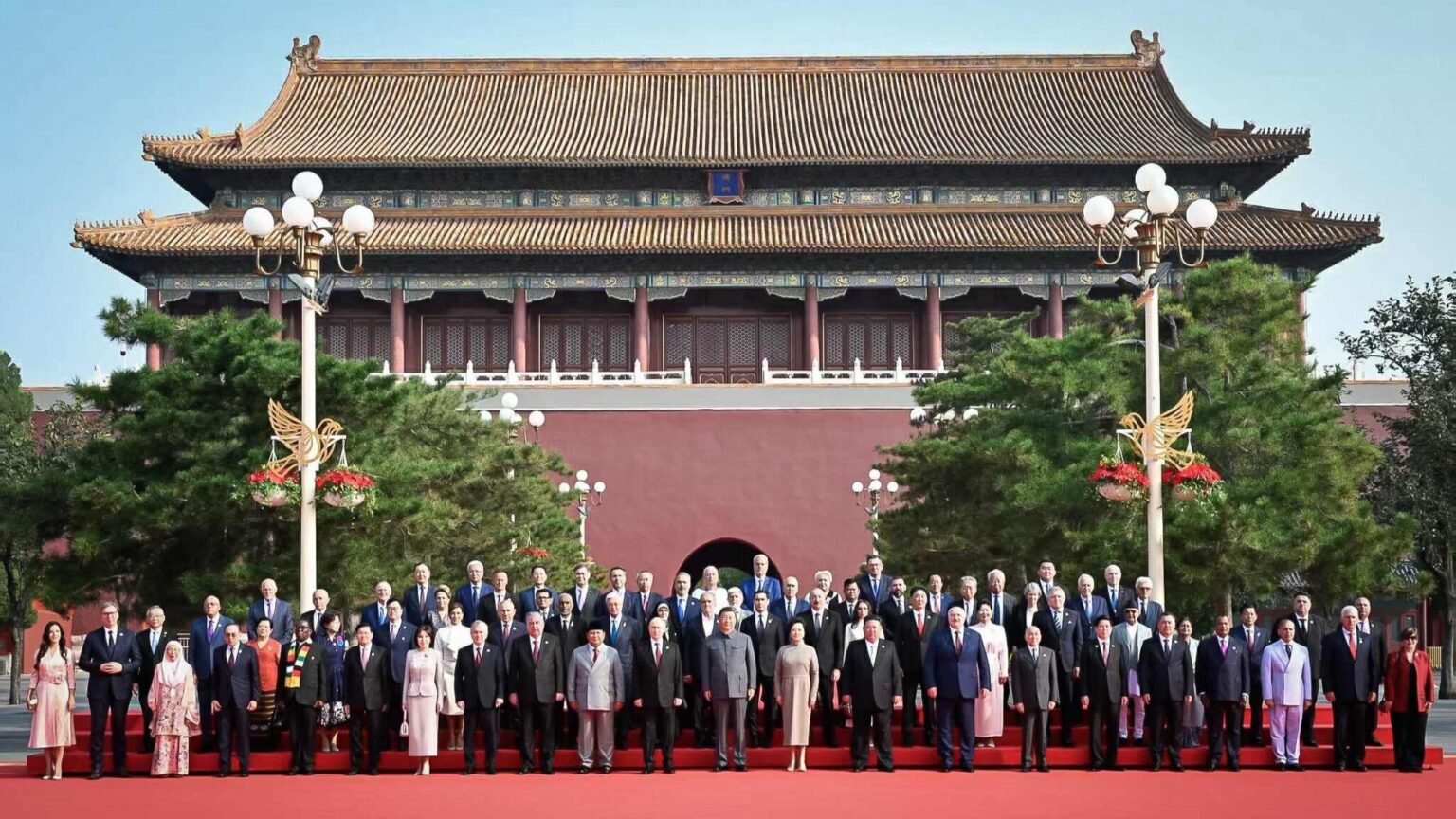
Hungary’s FM Péter Szijjártó defended his recent Beijing visit, stressing bloc forming harms Hungary’s interests. He urged East-West cooperation, citing Hungary’s success as a bridge between economies. He highlighted Chinese investment, noting Hungary drew 31 per cent of Europe’s total last year, calling ties a ‘true success story’.

Talk of the Democratic Party’s extinction has surged since Trump’s 2024 win, fueled by party registration drops and the looming census set to take away electoral votes from blue states. But history shows that, since 1856, both Democrats and Republicans have survived long losing streaks, electoral setbacks, and predictions of demise—proving that in US politics, fortunes can shift fast.

French President Emmanuel Macron’s remark calling Vladimir Putin ‘an ogre at our gates’ marks a dangerous shift in Europe’s war rhetoric. Once confined to online echo chambers, dehumanizing language is now openly used by Western leaders—laying the ground for escalation, while exposing the blatant hypocrisy of those who once condemned such tactics when used by Donald Trump.
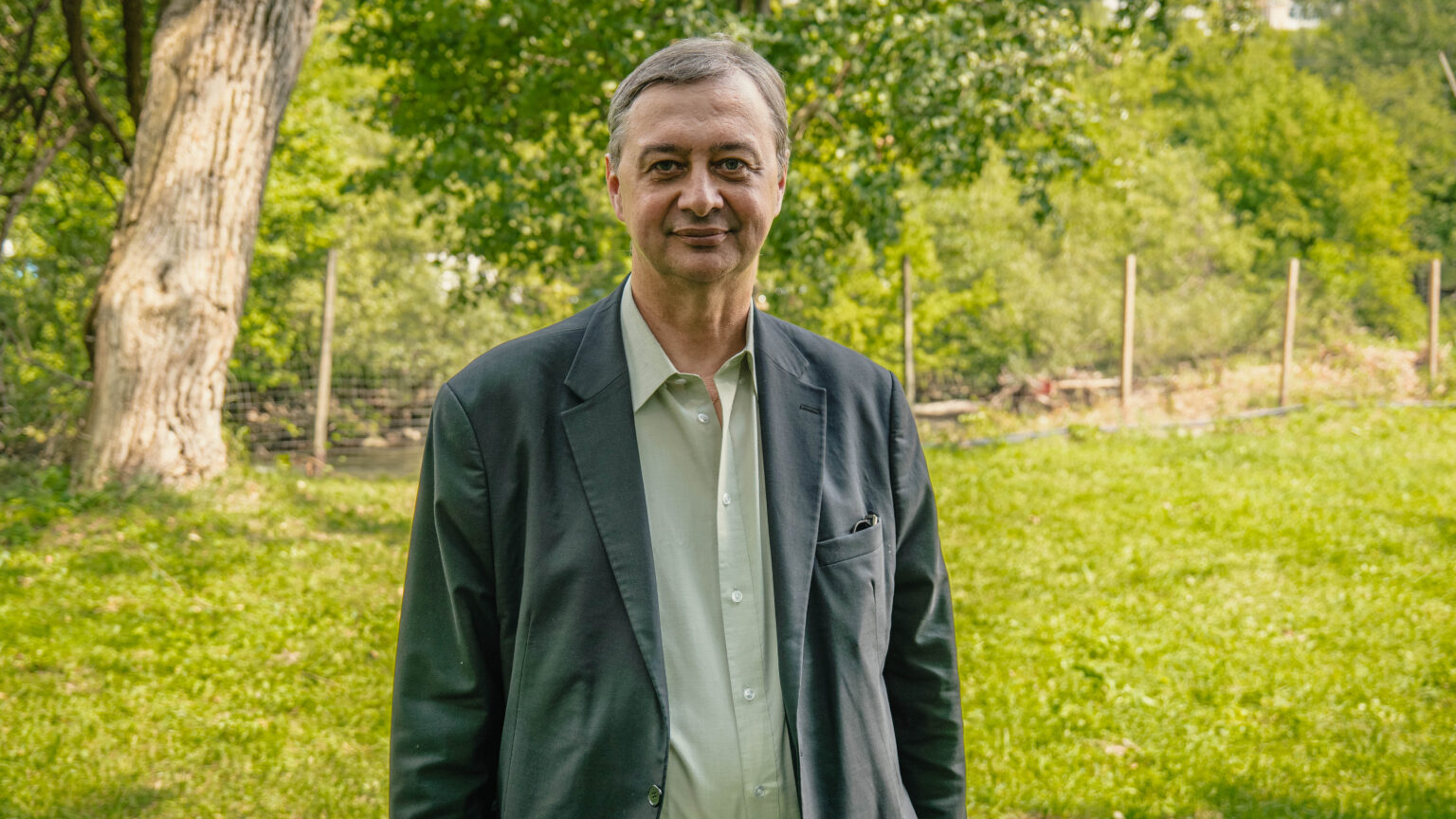
What is the relationship between the Romanian and Hungarian governments like, and what role does the RMDSZ play in it? Can Szeklerland be granted autonomy? And why does Romania support Ukraine? We spoke with Romanian foreign policy analyst and former presidential adviser Iulian Chifu in Tusványos.

American education entrepreneur Jeremy Wayne Tate has recently taken to the social media platform X, and called for Hungary’s income tax exemption for mothers to be implemented in his home country of the United States as well.

For the first time in history, a Hungarian has signed with a Major League Baseball team: 16-year-old catcher Márkó Moura will join the San Diego Padres. Hailed as a rising talent with a powerful arm and sharp game sense, Moura continues a family legacy that began when his grandfather introduced baseball to Hungary in the 1990s.

Budapest will host major US franchise brands on 16 September, with Olive Garden, Wendy’s, Pizza Inn and others seeking to expand in Hungary. Organized by the US Embassy, the seminar highlights the growing American appetite for the Hungarian market, just days after Popeyes announced its first Budapest restaurant.
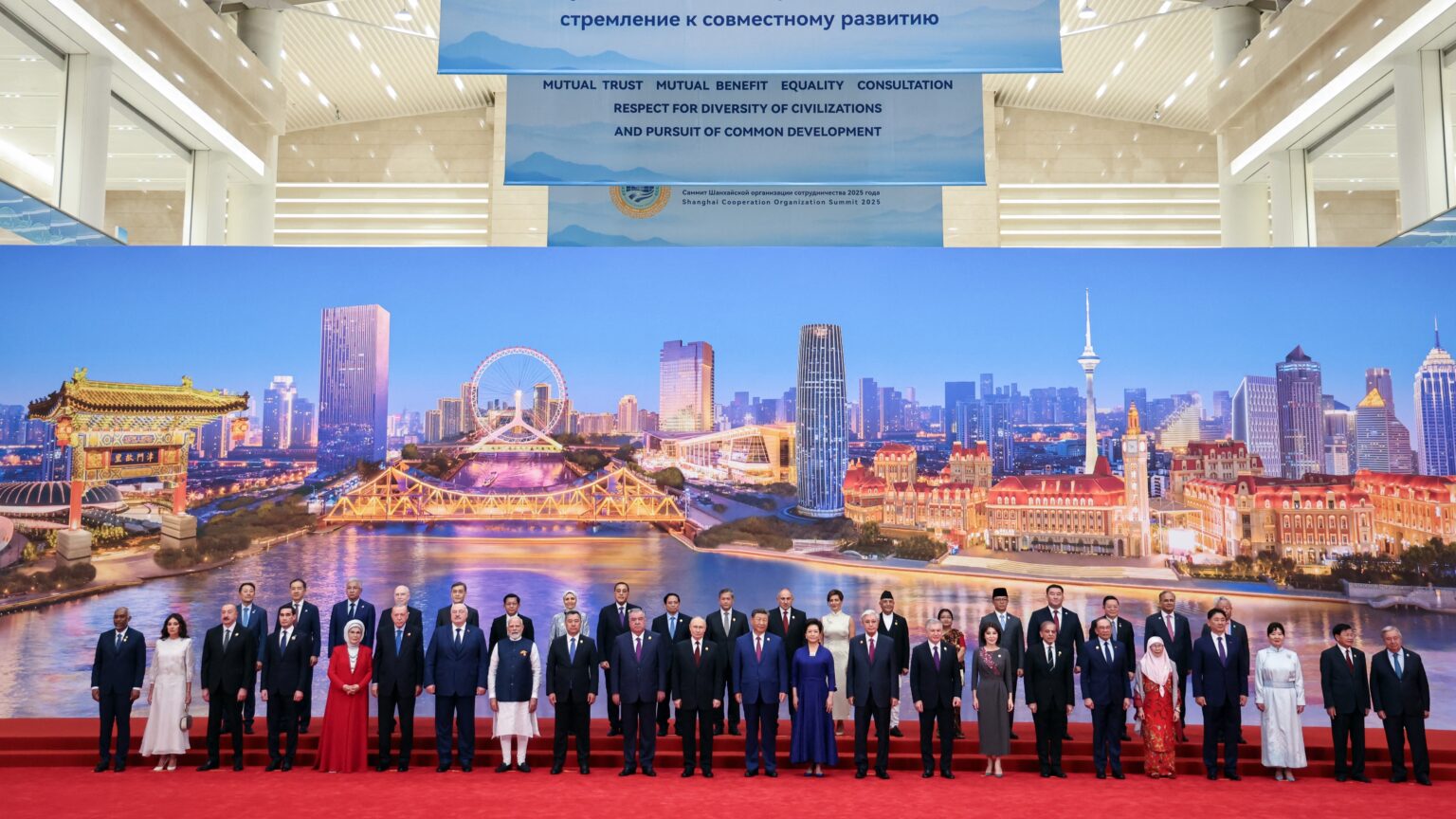
At the SCO summit in Tianjin, leaders from Russia, China, India and beyond gathered to deepen trade ties, challenge Western influence, and promote a new Eurasian vision. With Europe largely absent, and figures like Modi, Putin and Xi taking centre stage, the summit signalled a significant shift in global power dynamics.

‘Pope Pius X, for us Catholics, is perhaps best remembered for his battle against modernism within the Church when he promulgated his Encyclical Pascendi Dominici Gregis (1907). He is also considered the “Pope of the Eucharist”…Yet, less well known is his crusade for peace and his remarkable political insight, through which he foresaw the outbreak of World War I…years before it erupted.’

‘For American and Hungarian conservatives, Louis Sarkozy should move from curiosity to priority. He marries a US-honed operating style with a surname that still opens doors from Budapest to Paris, and he is testing both in a consequential border city.’
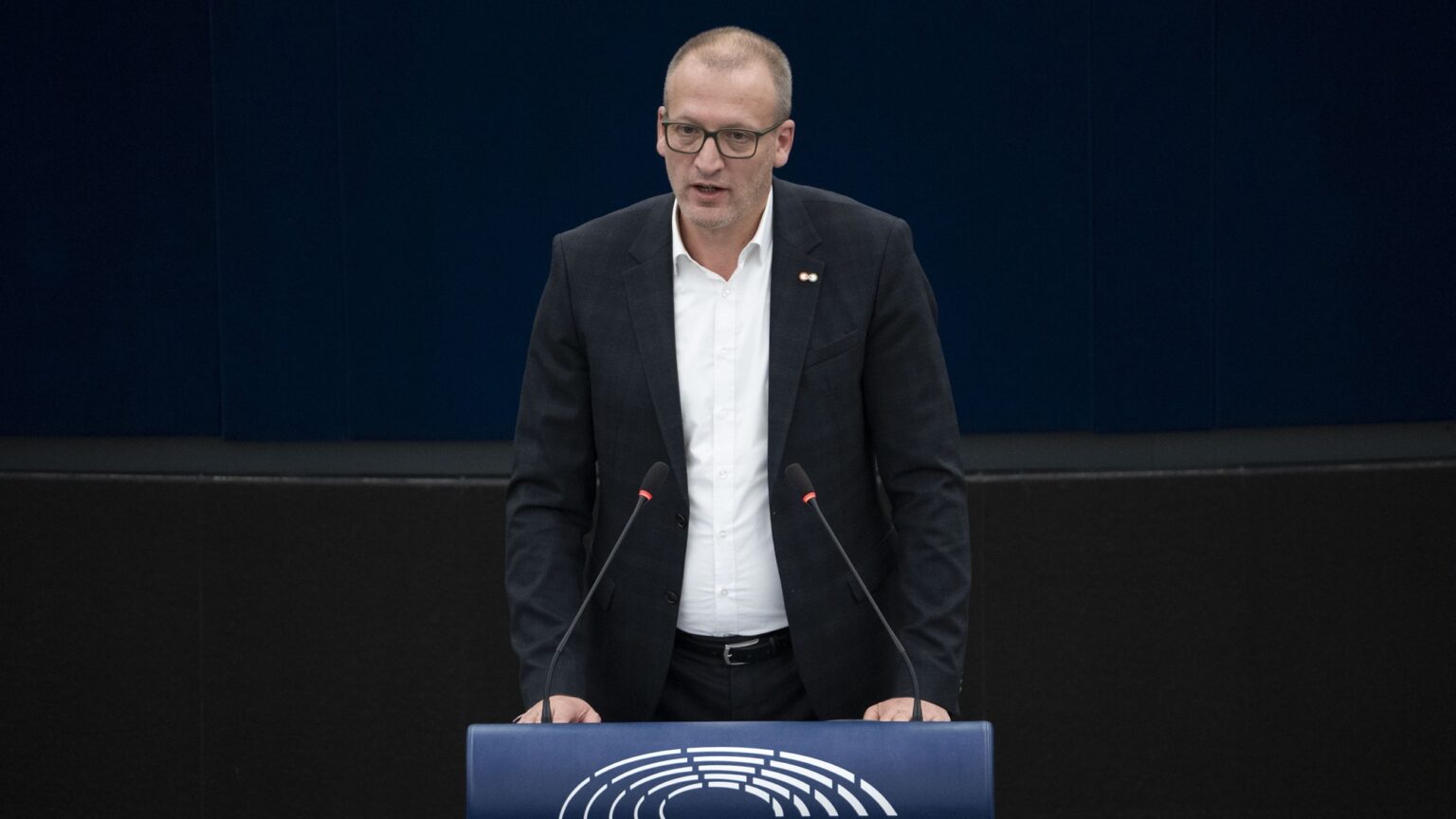
At a campaign event, TISZA Party Vice Chair Zoltán Tarr said: ‘I won’t tell you everything, because if I did, we would fail,’ referring to the party’s plans. TISZA’s PM candidate, Péter Magyar, urged journalists to hear the full context—then admitted he hadn’t listened to the full discussion himself.

‘Historians believe that the find indicates the important role of the region in Central European trade in the Middle Ages, and that the treasure could have been the savings of a merchant who buried it during a time of crisis.’
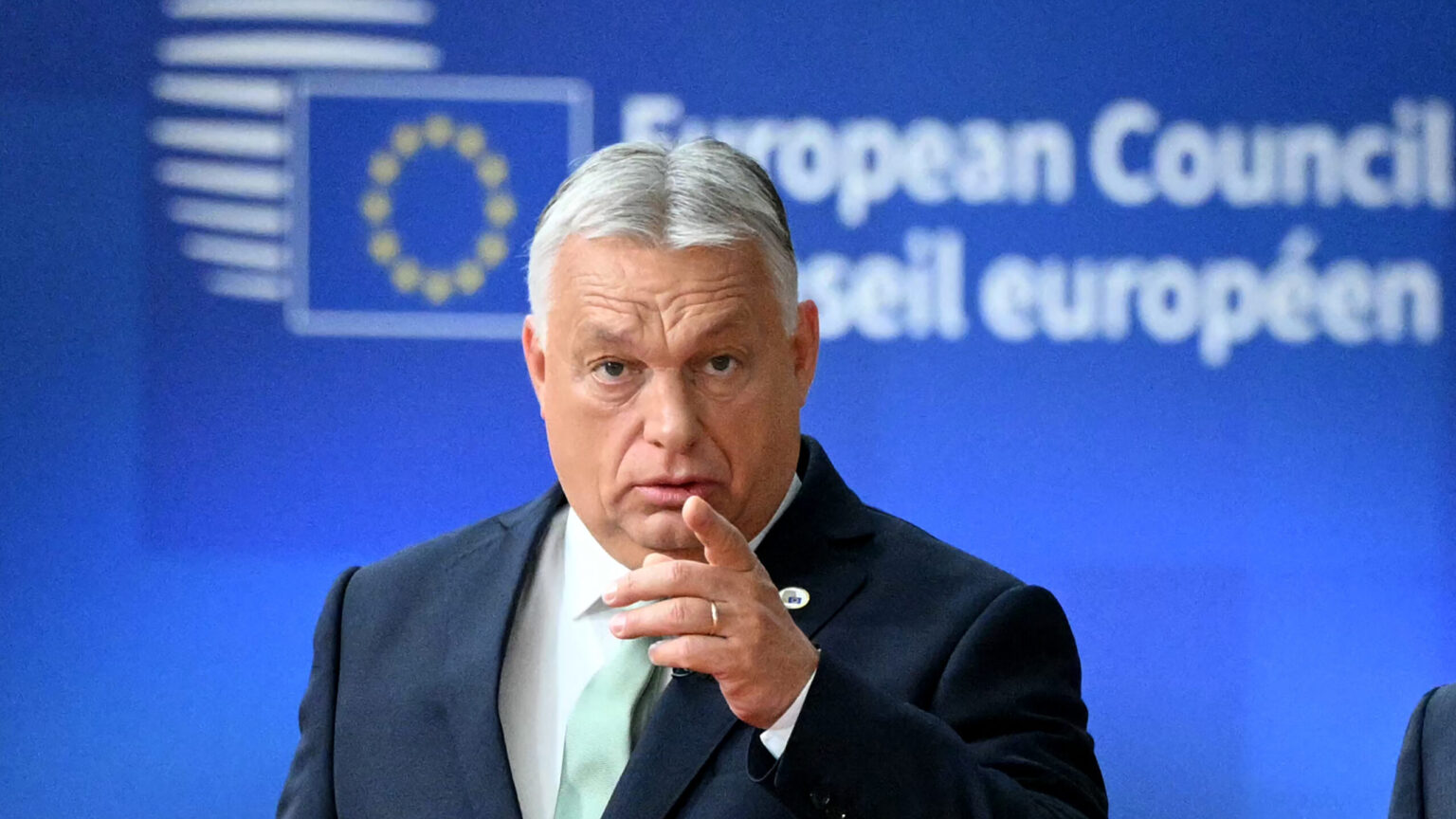
Western media suggest Viktor Orbán could ‘climb down’ from Hungary’s veto on Ukraine’s EU bid after alleged pressure from Donald Trump. Yet officials stress the call itself is disputed—and insist accession would drag an open war into the EU, a step Hungary refuses to take.

Hungarian Foreign Minister Péter Szijjártó and Slovak Prime Minister Robert Fico have travelled to Beijing to attend China’s 3 September World War II victory parade, where they will be the only EU representatives alongside leaders such as Vladimir Putin and Kim Jong Un. Szijjártó stressed Hungary’s interest in ‘civilized East–West cooperation’ and in deepening Chinese investment ties.
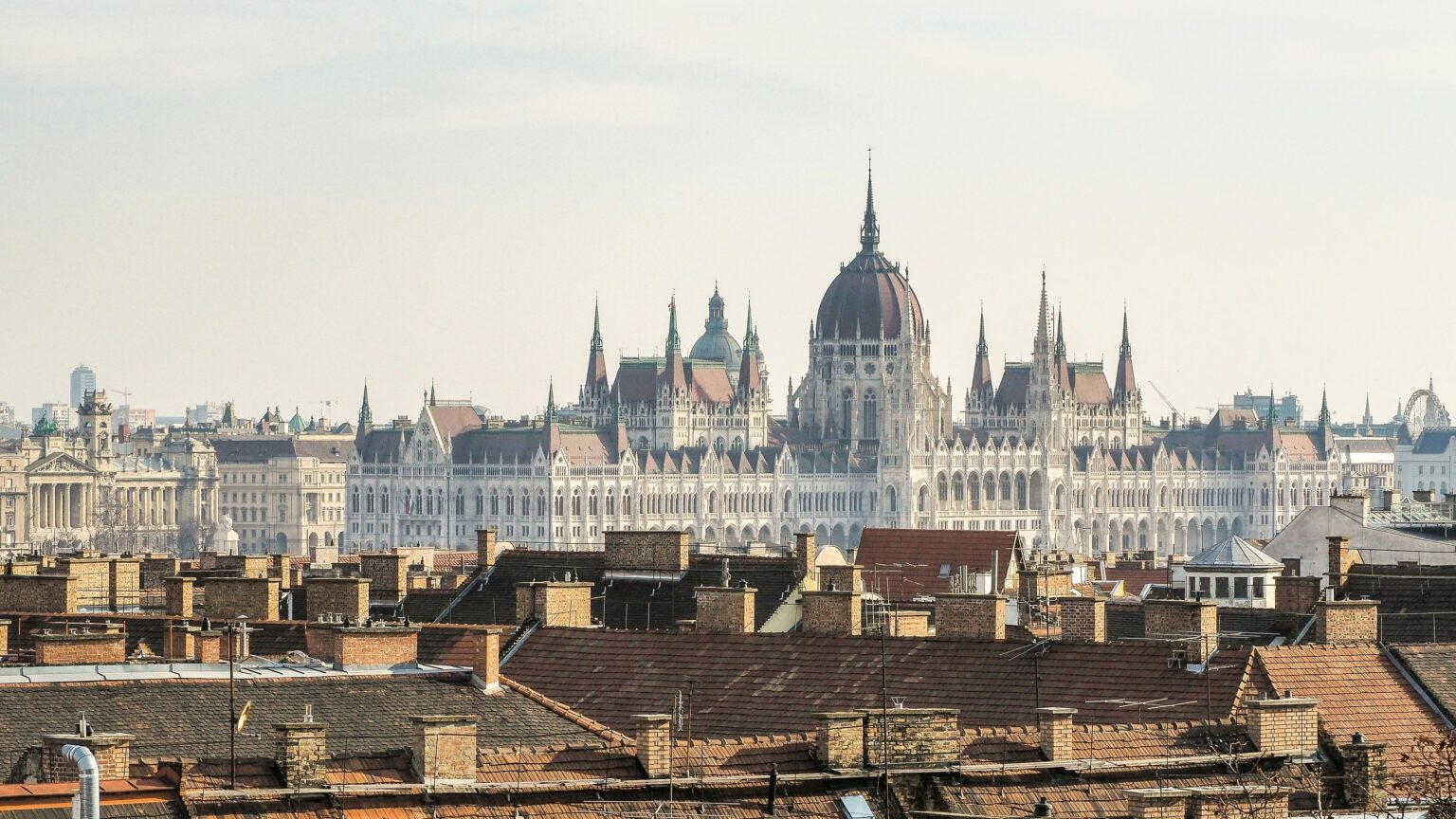
Hungary launched its Home Start home ownership programme, offering fixed 3-per-cent mortgages with just a 10-per-cent down payment required. Eligible first-time buyers rushed to apply, with thousands filing on day one. Officials hailed the record demand, as banks competed with discounts and extended hours to meet the surge.

Is Hamas defeatable? What military methods can a regular army use against a guerrilla-style enemy? Could an independent Palestinian state be formed? We spoke at MCC Feszt with former British Army commander Richard Kemp who has been in Israel during all previous wars in Gaza.

The Minnesota Catholic school massacre was not just another senseless tragedy—it was the brutal outcome of woke ideology. The transgender shooter, who admitted in his manifesto he had been ‘brainwashed’ into transitioning, killed two children and injured 18. His story exposes the deadly consequences of radical laws like Minnesota’s ‘trans refuge’ bill.

Another AfD candidate has died ahead of NRW’s local elections—the fourth such case in recent months. Ralph Lange’s sudden death in Blomberg has fuelled speculation, after economist Stefan Homburg called the coincidences ‘statistically almost impossible’, a view amplified by Elon Musk.
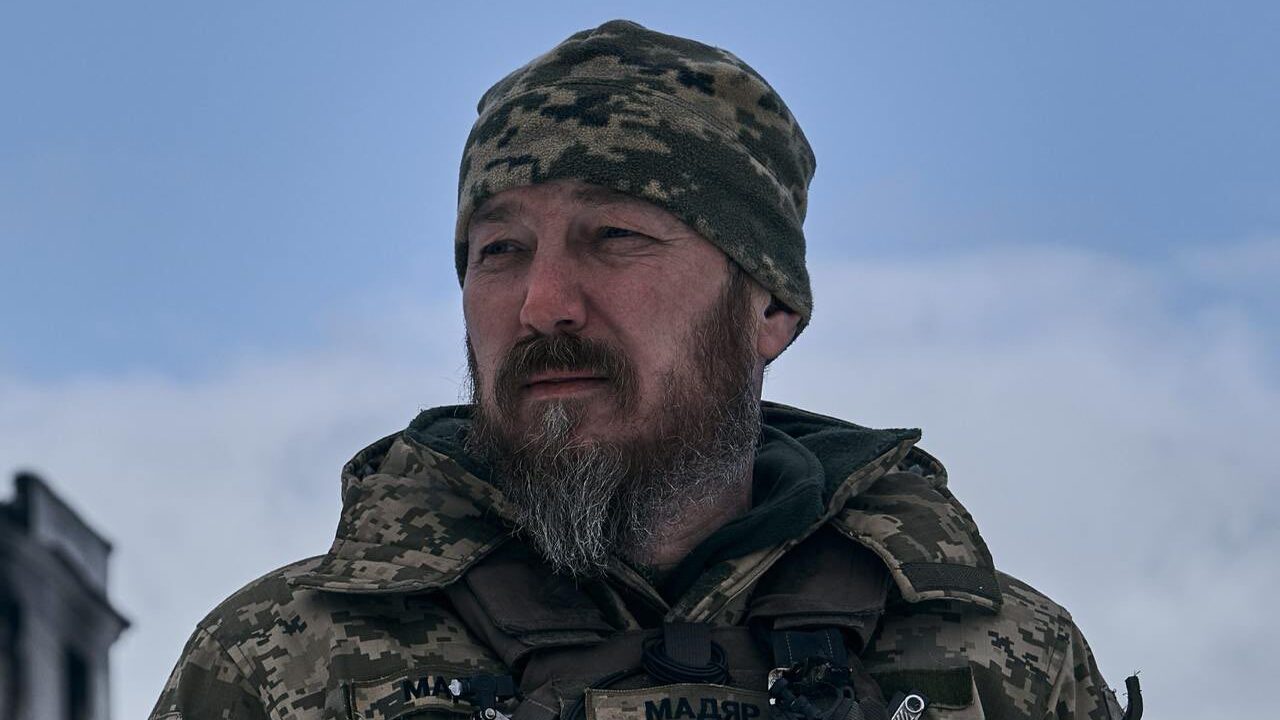
Robert Brovdi is no hero for Hungary. His drone strikes on Druzhba threaten Hungarian families’ energy security and mock treaties and the international law. Some may call him a hero, but in truth, he serves only Kyiv—and his own words make that painfully clear.
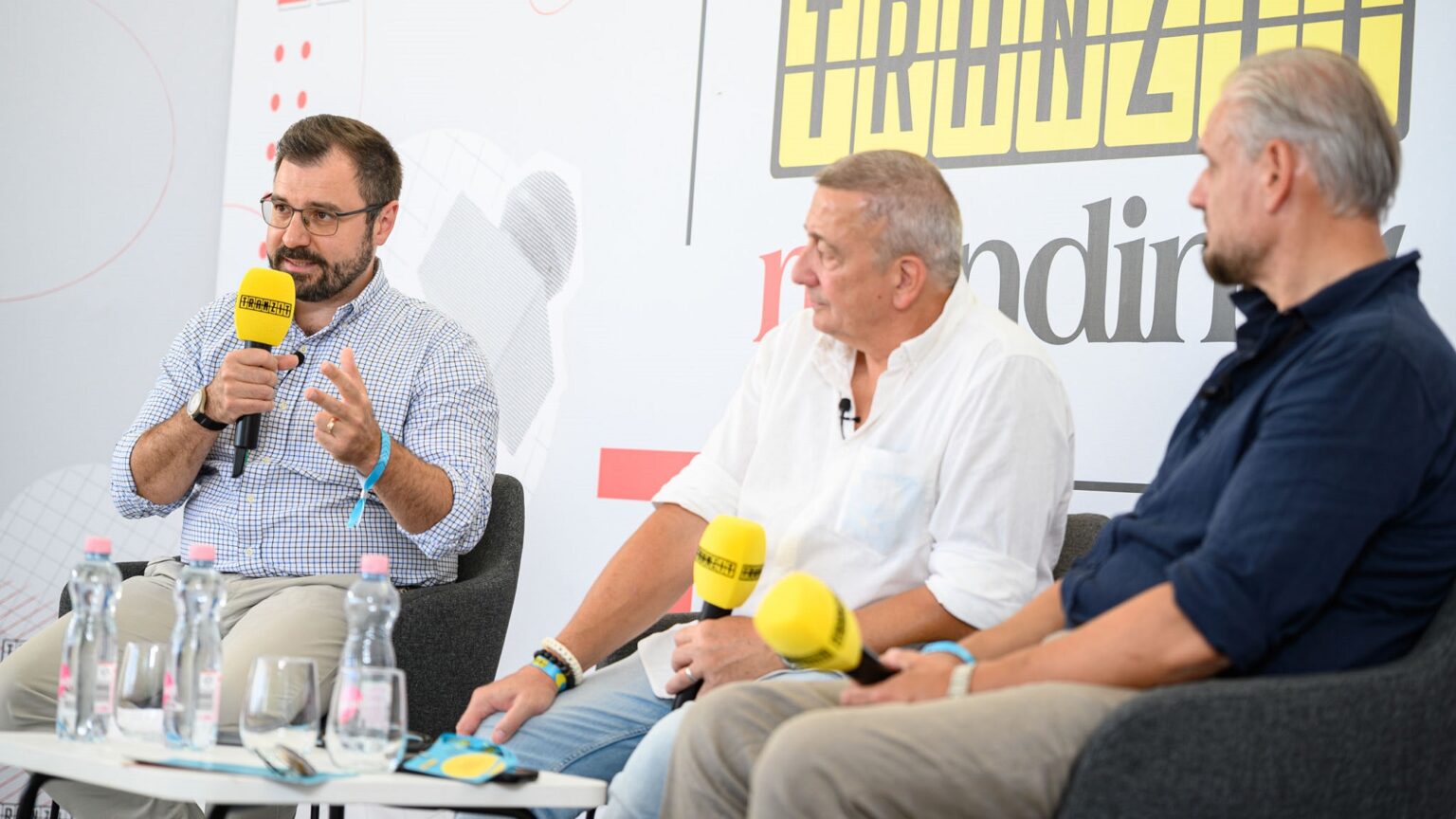
At the Tranzit Festival, Director General for the Center for Fundamental Rights Miklós Szánthó and Hungarian Ambassador to the United States in Washington, DC Szabolcs Takács have discussed opposition leader Péter Magyar’s candidacy for Prime Minister in Hungary; as well as US–Hungary relations under the presidency of Donald Trump.
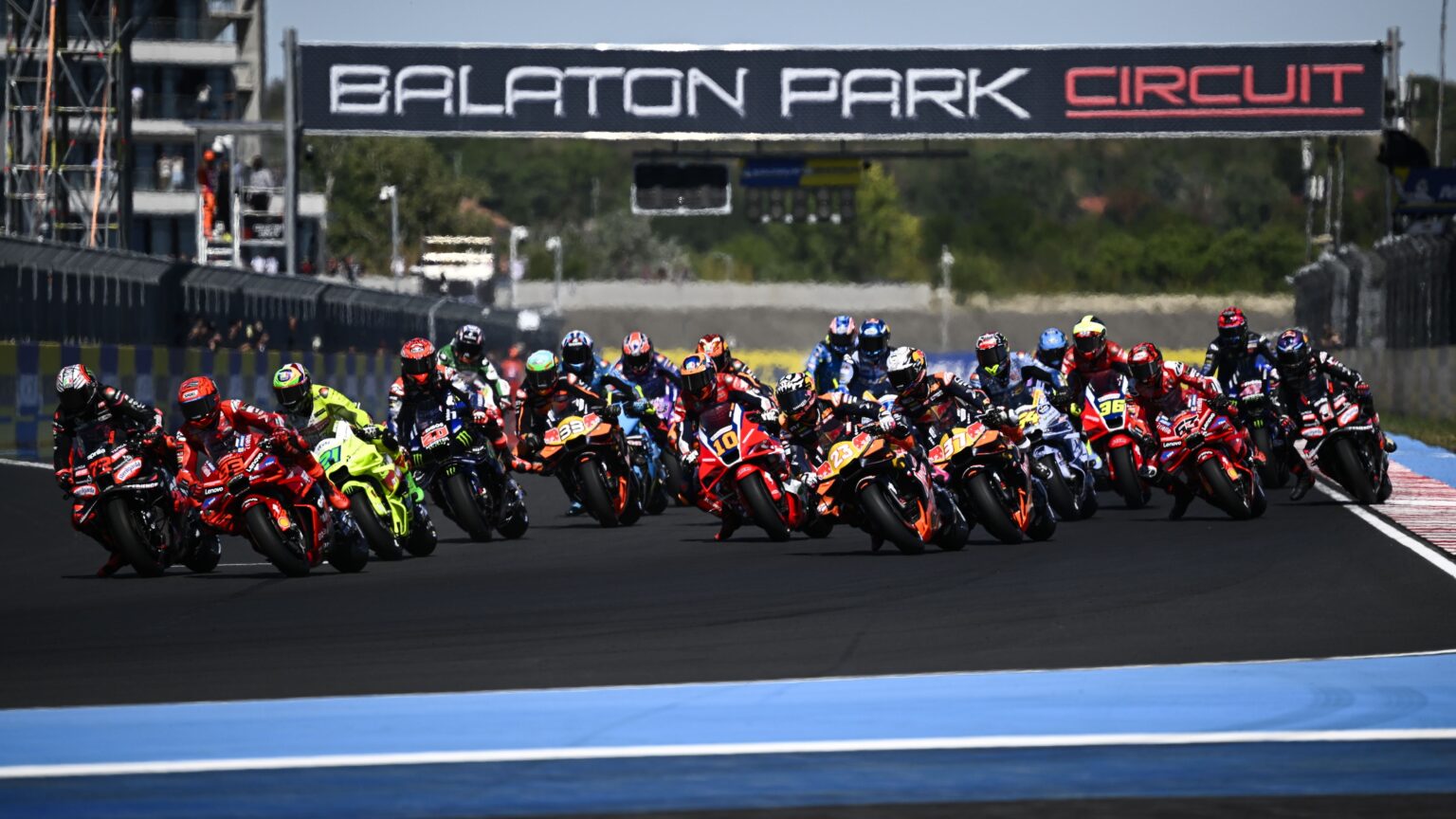
Foreign tourism at Lake Balaton rose 17 per cent after Hungary’s state holiday, boosted by the return of MotoGP. The race weekend brought fans from across Europe, driving record guest nights and hotel revenues alongside the Zamárdi Strand Festival.

Hungarian National Team captain Dominik Szoboszlai scored a stunning free-kick goal from 32 yards out for Liverpool in a crucial league game against Arsenal in the English Premier League over the weekend. That goal ultimately decided the game for defending champions Liverpool, who won 1–0.